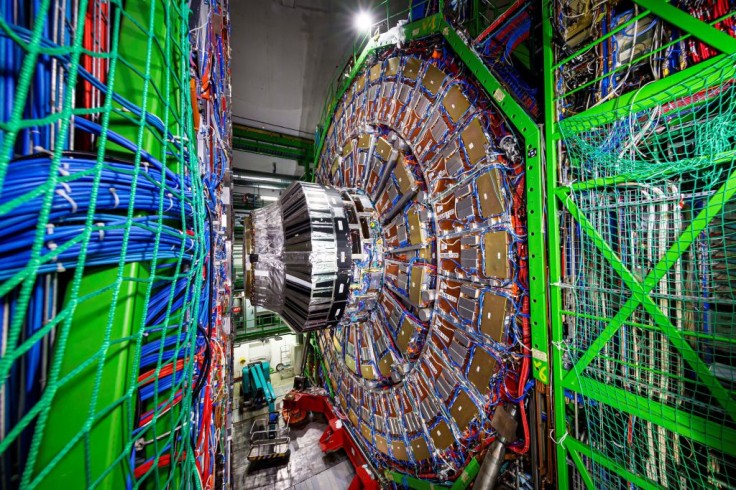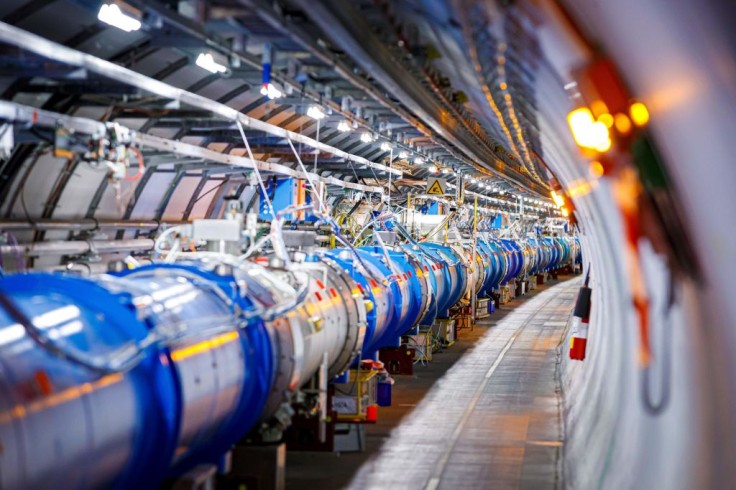
After a three-year overhaul to its equipment, Nature.com reported that experiments at the world's most powerful particle collider have resumed at CERN, Europe's particle physics facility. The Large Hadron Collider's (LHC) proton beams will circulate at increased intensities and record energy for its third run. Scientists hope to unravel mysteries like the composition of dark matter and learn more about the Universe at the smallest scales by using the collisions.
What Is the Large Hadron Collider
According to Space.com, the LHC is the world's longest and most potent particle accelerator, firing subatomic particle beams around a loop that is 27 kilometers long. The 3,000 scientific papers that the LHC's experiments have generated since it first started operating in 2010 contain a variety of findings, including the most well-known of them all: the discovery of the Higgs boson.

Upgrades Done to the Large Hadron Collider
In the last three-and-a-half years, the particle accelerator has been receiving "vital technological upgrades that will enable it to smash beams of particles with record energy of 6.8 trillion electronvolts (TeV) in collisions that will total an unprecedented 13.6 TeV," Space.com report read.
The likelihood of producing heavier and unknown particles, as noted by Nature.com, increases with the impact energy of 13.6 trillion TeV.
The CERN team upgraded the accelerator complex, which creates and accelerates the particle beam, during the long downtime, which was extended by the COVID pandemic. This involved replacing equipment that had been in operation at CERN since 1978 with a new source of protons.
A brand-new device, the Linear Accelerator (Linac) 4, was added to the LHC in 2020. Linac 4 will boost negatively charged hydrogen ions, which are protons accompanied by two electrons, as opposed to injecting protons into the system like it did before, as per Space.com.
The most important technological development, though, might be the system that prompts the LHC experiments to start gathering data.
In the past, just 10% of collisions inside the LHC were recorded since extracting relevant information from all those collisions was left to conventional hardware and the discretion of human researchers. The new trigger system makes better use of machine learning to analyze the situation more rapidly and decide what information to gather for further study.
Read More : NASA's Bill Nelson Says China Might Take Over the Moon - What Does the Asian Super Power Have to Say?
New Experiments to be Done in the Large Hadron Collider
The Forward Search Experiment (FASER) and the Scattering and Neutrino Detector (SND) are two new detectors that were set up during the most recent shutdown of the LHC. The SND will exclusively study neutrinos, while FASER will look for light and weakly interacting particles, such as neutrinos and possibly dark matter.
Nature.com mentioned that the LHC will operate for four years before collisions stop to make room for modifications to a more powerful machine. In total, this one, known as the High-Luminosity LHC, which will begin operating in 2029, would generate 10 times as much data as the LHC's initial three runs put together.
Prior to the start-up, CERN's director-general Fabiola Gianotti expressed her hope that the third run of the LHC would discover particles that make up dark matter, the enigmatic substance believed to make up 85% of the universe's matter. However, she clarified that the experiments' main objective is to "understand how Nature.com works at the most fundamental level," not to prove any particular hypothesis.
Related Article : Large Hadron Collider Back in Business After 3 Years - But What for?









